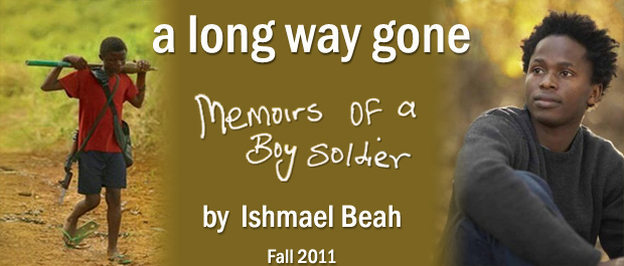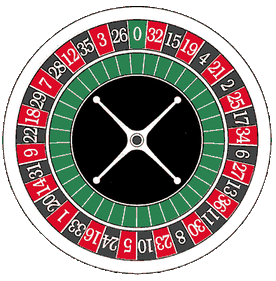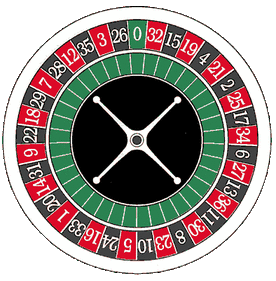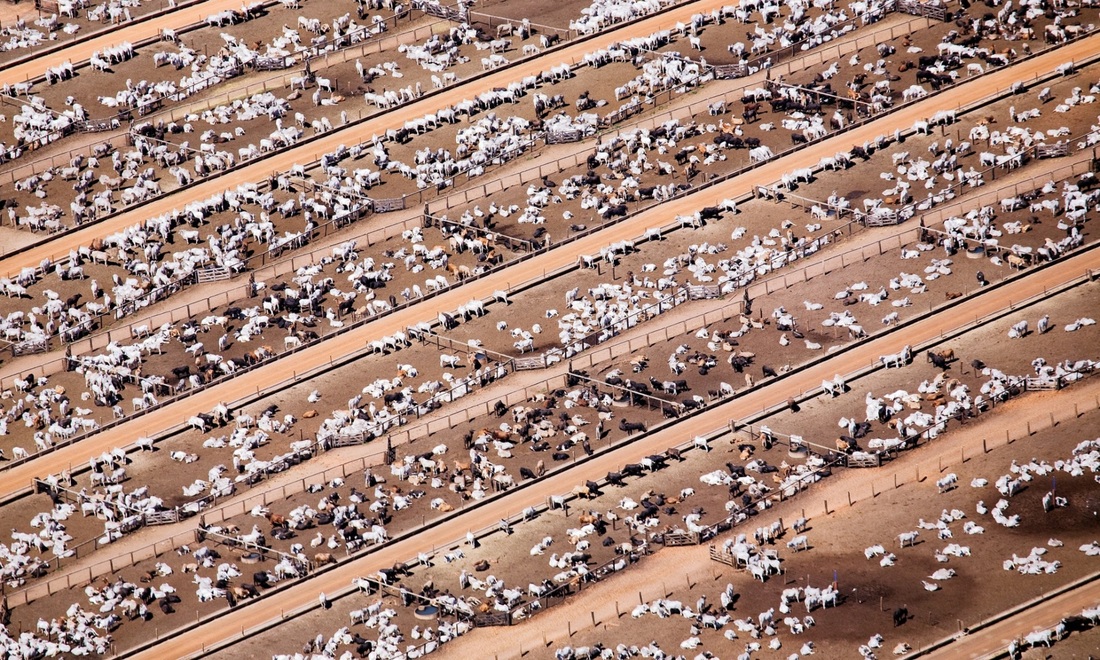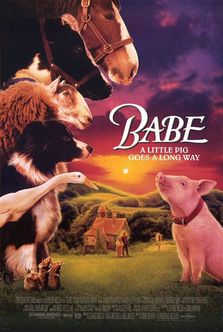--------------------------------------
For the seventy-third series of Big Brother, the producers had introduced a fiendish new toy: Pierre. The show's consultant psychologist explained how it would work.
'As you know, the brain is the engine of thought and action, and the brain is entirely physical. Our understanding of the laws of physics is such that we can now accurately predict how people's brains will react - and thus how people will think - in response to events in their environment.
'On entering the Big Brother space station, a brain scanner maps the brain states of all the participants. Our supercomputer, Pierre, monitors the various stimuli the contestants are exposed to and is able then to predict what their future behaviour will be.
'Of course, all this is so fiendishly complicated that there are severe limits. That is why the technology works best in a controlled, enclosed environment such as the Big Brother space station, and also why predictions can only be made for a few moments ahead, since tiny errors in predictions soon compound themselves into large ones. But viewers will enjoy seeing the computer predict how the contestants are about to react. In a sense, we will know their minds better than they do themselves.'
Baggini, J., The Pig That Wants to Be Eaten, 2005, p. 25.
-------------------------------------
What do you think? How accurate will Pierre be? Would you enjoy seeing this?



